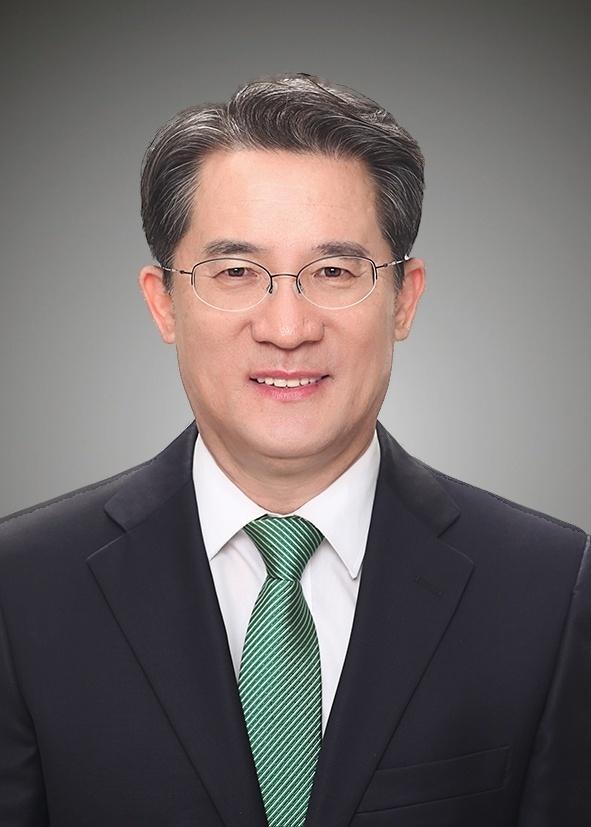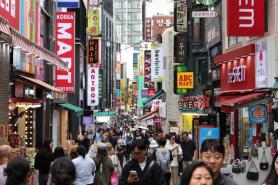
Park Sang-byung
SEOUL, October 17 (AJP) - The legacy of Donald Trump’s presidency continues to cast a long shadow across the world.
His overt flirtation with white nationalism and xenophobia helped normalize racial prejudice in American discourse — and its ripple effects have not stopped at the U.S. border. Across Europe and Asia, far-right movements have found renewed confidence, reshaping politics and stoking divisions once thought to have faded into history.
In Europe, anti-immigrant sentiment has become a defining force in national politics. Italy’s far-right prime minister, Giorgia Meloni, built her ascent on a platform steeped in nationalism and exclusion.
Similar trends are emerging elsewhere: Japan’s right-wing parties have gained momentum, and the election of Takashi Sanae as leader of Japan’s ruling party has raised concerns about the country’s political direction and her potential to become its first female prime minister.
This wave of xenophobia is not confined to Western capitals. Economic uncertainty and social anxiety are amplifying old prejudices worldwide. In Japan, anti-Korean and anti-Chinese sentiment — long embedded in the country’s imperial past — is resurfacing with emotional intensity.
The echoes of that rhetoric are now being heard in South Korea, where unfounded anti-Chinese conspiracy theories and hostility are spreading rapidly online.
The political atmosphere in Seoul has done little to cool these flames.
Former President Yoon Suk Yeol’s administration distanced itself from Beijing and Pyongyang while deepening ties with Washington and Tokyo — a recalibration that some say has sharpened ideological divides at home.
In recent months, lawmakers from the right-wing parties have advanced an “anti-Chinese shopping law,” a measure built on dubious claims and public misinformation. Such moves risk legitimizing prejudice under the guise of patriotism.
Hate speech is not free expression. It is a form of violence — one that corrodes democratic societies from within. Europe, for all its political tensions, has responded to hate-driven protests with firm legal measures. South Korea, by contrast, has shown little appetite to confront the extremism festering online.
The cost of inaction will not be abstract. When governments hesitate to defend the principles of tolerance and pluralism, they open the door to chaos and division.
The rise of extremism — whether in Washington, Rome or Seoul — should serve as a warning: societies that fail to challenge hate will one day find themselves consumed by it.
About the author
-Ph.D. in Political Science, Inha University
-Former Visiting Professor, Inha University Graduate School of Policy
-Former member, Election Broadcast Review Committee
-Former Director, Institute for Innovation and Future
* This article, published by Aju Business Daily, was translated by AI and edited by AJP.
Copyright ⓒ Aju Press All rights reserved.


